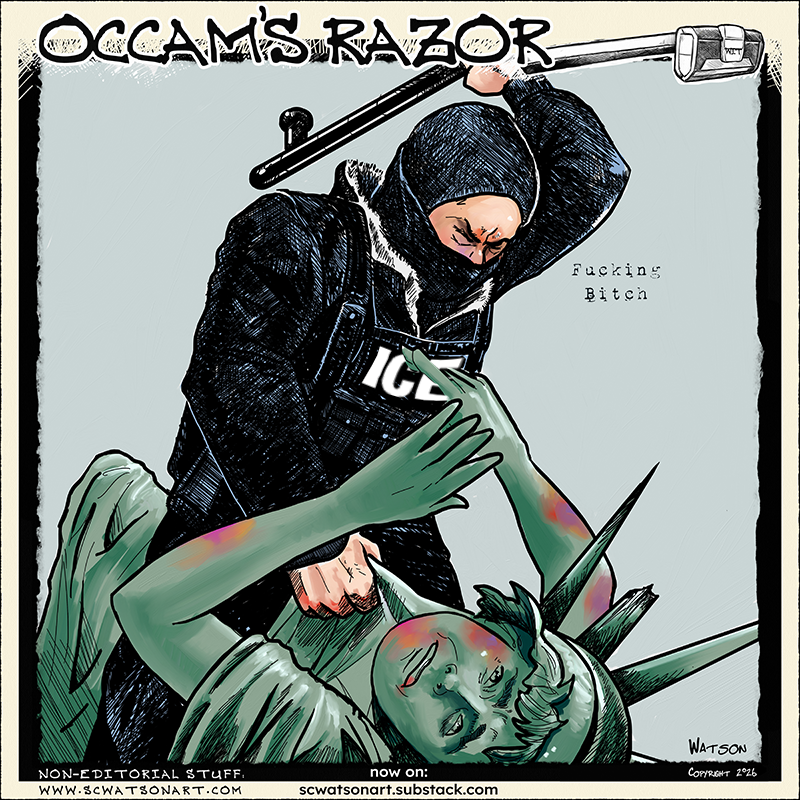-by Ally Coll Steele —
[On Sept. 21] I joined six former Hill staffers—who all, like me, experienced sexual misconduct while working in Congress—in urging federal lawmakers to finalize sexual harassment reform legislation. It’s now been almost a year since I shared my experience with sexual assault as an 18-year-old Senate intern in the Washington Post. That article, along with countless other stories that have been told since, prompted immediate bipartisan reform efforts last fall. But today the legislation is stalled in negotiations, and while lawmakers continue to deliberate, the status quo remains unchanged for the thousands of people who currently work in Congress.
Despite the current gridlock, over the past few months I’ve been moved to see leaders—from both chambers and political parties—put partisanship aside and work across the aisle to address sexual misconduct in response to #MeToo. One such leader has been Senator Chuck Grassley (R-Iowa), who has leveraged his powerful role as Chairman of the Senate Judiciary Committee to push for sexual harassment reform efforts in both Congress and the federal judiciary.
As an 85-year-old white man from the Midwest (not to mention one who’s spent over three decades in the U.S. Senate), Grassley doesn’t fit the typical profile of a #MeToo advocate. But as stories like mine became public last fall, Grassley responded promptly by introducing bipartisan legislation last November to require mandatory sexual harassment training. When the Senate unanimously passed his bill just two days later, Grassley applauded the effort, remarking that no workplace “is immune to the all-too-prevalent scourge of sexual harassment, but we in Congress have a particular duty to set high standards of conduct.”
In January of this year, the U.S. House of Representatives passed a comprehensive reform bill, the Congressional Accountability Reform Act, to overhaul Congress’s internal procedures for handling sexual misconduct. Shortly thereafter, Grassley sponsored and introduced an identical bill in the U.S. Senate. The bills contained important and long-overdue reforms for the existing system, which has been widely criticized for its lack of transparency and accountability. One key modification was the addition of a mandatory investigation to be conducted within 90 days of any harassment allegation.
But Grassley’s bill stalled in committee, and in March he wrote a letter to Majority Leader Mitch McConnell urging him to take up the bill and bring it “to the Senate floor for a vote as quickly as possible.” When the Senate instead turned its attention to avoiding a government shutdown, Grassley made a failed but genuine attempt to get the reforms attached to the appropriations bill.
But McConnell apparently disagreed, and Grassley’s bill was not only left out of the spending bill, but sidelined entirely. McConnell instead began crafting a different compromise solution with input from Senators Amy Klobuchar (D-Minn.) and Roy Blunt (R-Mo.). The final version of the Senate bill, which passed unanimously in May of this year, has been criticized heavily for failing to include many key reforms contained the House (and Grassley’s) version of the bill—chief among them, the requirement that Congress conduct a mandatory investigation in response to all harassment allegations.
Despite this setback, Grassley has continued to advocate for reform in response to #MeToo, with a particular focus on the federal judiciary. In June, he held a Senate Judiciary Committee hearing to address the judiciary’s handling of sexual misconduct allegations against former Ninth Circuit Judge Alex Kozinski. In his opening statement, Grassley commended “the brave women who spoke out against this harassment,” acknowledging that thanks to their courage, “we can hopefully begin to make real, significant changes to these power imbalances that allow harassment to thrive.”
Grassley adamantly expressed his view that victims of misconduct “deserve to be protected from isolation, retaliation, and misconduct,” and specifically criticized the judicial branch for failing to establish a clear “investigation protocol, or independent third party to ensure all complaints are properly reviewed.” He ominously warned that absent an investigation or other independent review protocol, “those in positions of authority are free to dismiss genuine complaints.”
But now that Grassley is the one in the position of authority, his tune has drastically changed. This week, Dr. Christine Blasey Ford publicly alleged that Supreme Court nominee Brett Kavanaugh drunkenly attempted to rape her at a high school party when the two were teenagers. Despite acknowledging just three months ago that our existing system “doesn’t always protect victims” who speak out “against powerful judges,” Grassley has refused to provide Dr. Ford (despite her repeated requests) with precisely the kind of independent investigation he recommended Congress mandate for all sexual misconduct allegations, and deemed especially critical in situations involving allegations against powerful federal judges.
Grassley has justified his decision on the grounds that the “job of assessing and investigating a nominee’s qualifications in order to decide whether to consent to the nomination is ours, and ours alone.” But this does nothing to address the fact that—as Grassley pointed out at his own hearing on the topic just this summer—absent an investigation or other independent review protocol, those in power are free to dismiss genuine sexual misconduct allegations without giving them the careful consideration they deserve.
Grassley’s recent #MeToo advocacy makes clear that he knows as much. And Dr. Ford and other victims of sexual misconduct—whether it occurs at a high school party, on Capitol Hill, in the judiciary, or in workplaces across America—deserve better. Senator Grassley should heed his own advice and provide Dr. Ford with an independent investigation and ensure that the U.S. Senate treats “sexual assault cases with the seriousness they deserve.” As he put it earlier this year, the “goal is to get the information, not to put on a show.”
**If you are reading theOrcasonian for free, thank your fellow islanders. If you would like to support theOrcasonian CLICK HERE to set your modestly-priced, voluntary subscription. Otherwise, no worries; we’re happy to share with you.**









Ms Coll—impressive and rational.
Without weighing in on the present politics because while your logic is sound, we’re witnessing an implosion on a scale that consequently has set aside most all decorum and fair play; thus, my response to your comments are more of a plea— that whatever the outcome here is, we as a country are left with a coherent understanding of fairness after the dust settles, as follows:
– we are innocent until proven otherwise;
– burden of proof rests with the party accusing the other who remains innocent until the scales tip;
– proof comes in many forms but it must meet specified standards to be reliable; and
– studies show that between 2-12% of those claiming sexual harassment have been shown to be untrue (that means 88-98% of past
case have been regarded as true)- sorry for not providing the source of this study.
Somehow, our task is to reconcile the above non-exhaustive list of factors while not cutting corners that dispense with any rational understanding of justice as we sit in judgment of others.
(perhaps it’s helpful to add that if we fracture the form, that is—the decorum and standards—then reverting to a rendition of what is fast becoming a disappearing standard of appropriate procedure is almost unintelligible with today’s heightened partisanship. All sides seem to have abandoned reason and now look instead for raw power- the gavel. Hence, we need to return to some decorum before we can revive common sense and apply your very reasoned argument).
Thank you for sharing your concerns and raising your voice. And head, amongst this fray that wants to shoot down anything that challenges this nominee.
Tomorrow is a HUGE DAY for DEMOCRACY.
Light a candle, hold a vigil for truth being told. All around.